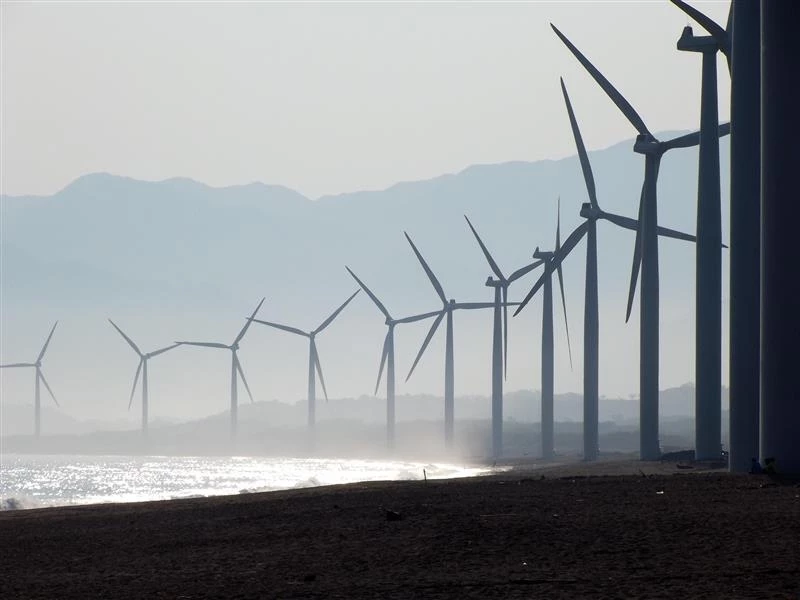Given the stabilization of oil prices and anticipated economic recovery, private equity (PE) in the Gulf region is showing positive long-term prospects. The positive outlook is also supported by the government’s pro-business reforms, aiming to strengthen entrepreneurship and small and medium enterprises in the region.
Adding to that, the rise in investment flows and private consumption also further strengthens the recovery of GCC economies. For instance, the UAE economy is expected to achieve an average real GDP growth rate of 2.5%, while Saudi Arabia is expected to deliver 2.4% real GDP over the next five years according to IMF. Following this economic recovery backdrop, PE activity in the Gulf region is likely to pick up both on the new investments and exit sides.
GCC is home to several noteworthy and successful companies, from prominent regional unicorns (Careem and Souq), fintech platforms (YallaCompare, PayTabs, and Souqalmal), as well as e-commerce players (AWOK, Mumzworld, the Luxury Closet) among others, which have attracted significant funding and valuations over the years.
These companies have also witnessed high exit valuations, with some of the largest GCC exits in the past few years. Careem was successfully acquired by Uber for USD 3.1 billion, while Amazon acquired Souq.com for USD 580 million.
Newly Established Regulations and Incentives
The GCC governments have also undertaken several landmark decisions ranging from expansionary budgets, pro-business reforms, stimulus packages, as well as FDI opportunities, in a bid to develop a sustainable and diversified private sector in the past four to five years.
The UAE recently approved 122 economic activities across 13 sectors in the Emirates for up to 100% foreign ownership, presenting new opportunities for international investors, especially in lucrative fields, including e-commerce, IT, education, healthcare, and renewable energy.
The government of UAE also initiated a “golden card” permanent residency program and long-term residence visas for professionals and retirees, encouraging more entrepreneurs as well as business to invest in the Emirates. Similarly, Abu Dhabi also offered Dh50 billion stimulus (to be provided over three years) and implemented structural reforms as the incentives for the private sector.
Meanwhile, The Kingdom of Saudi Arabia pledged to raise the GDP contribution of SMEs to 35% and boost FDI to 5.7% of GDP by 2030 as measures to transform the Kingdom into an “open for business” economy. Additionally, the government also implemented a USD 200 billion privatization program to shape a conducive investment environment, notably for startups and SMEs.
Alluring Returns in Regional PE Hubs
Flourishing tech hubs, incubators, accelerators, as well as PE/VC firms coupled with the government’s favorable policy stance have promoted an entrepreneurial culture in the Gulf. Sovereign wealth funds (SWFs) and government investors have worked together in creating regional PE hubs in recent years, including accelerator/incubator Oman Technology Fund and its first strategic VC firm IDO Investments, as well as Dh535 million Abu Dhabi’s Hub 71 that was launched this year.
Several free zones have also emerged across GCC countries, such as Flat6Labs, Astrolabes, FinTech Hive, Cloud10, and DTEC, focusing to develop startups and SMEs and also encourage new technology and innovation. This is resulting in the emergence of startups in newer tech-enabled segments such as IT, e-commerce, fintech, medtech, edtech, health tech, and more, which are increasingly garnering investor interest.
These present new economic opportunities which remain crucial for the region’s economic diversification agenda. The year 2019 highlighted the attractiveness of the GCC’s technology space, as tech-based sectors secured the majority of domestic PE deals, led by e-commerce/online marketplace with 14 deals worth USD 111 billion. This was followed by edtech (2 deals worth USD 13.6 million), fintech (4 deals worth USD 9.6 million) and IT (6 deals worth USD 5.9 million).
In addition, fintech startups in the region are also expected to generate USD 2 billion in private funding over the next 10 years, compared to USD 150 million worth of investments over the last decade.
Downturn Due to Macroeconomic and Geopolitical Risk
The Gulf’s PE industry has been facing challenges due to macroeconomic slowdown linked with oil price volatility and rising geopolitical risk since 2014. Adding to that, the collapse of the region’s biggest buyout firm further worsened the situation and substantially eroded institutional investor confidence in the industry.
Consequently, fundraising remained subdued with only eight MENA-focussed PE funds (USD 406 million raised closing in 2018, compared to 10 (USD 1.2 billion) raised in 2017 and USD 14.3 billion raised in 2015. Notable PE firms, such as Kuwait’s Global Investment House and Abu Dhabi’s Waha Capital, either scrapped or delayed their fundraising plans, citing negative investor sentiments.
The deal activity also lost momentum correspondingly, with only 17 PE-backed buyout deals in the MENA region in 2018, which is considerably lower than the completion numbers in the year 2016 (32), 2015 (31) and 2014 (46).






